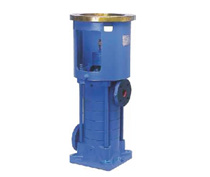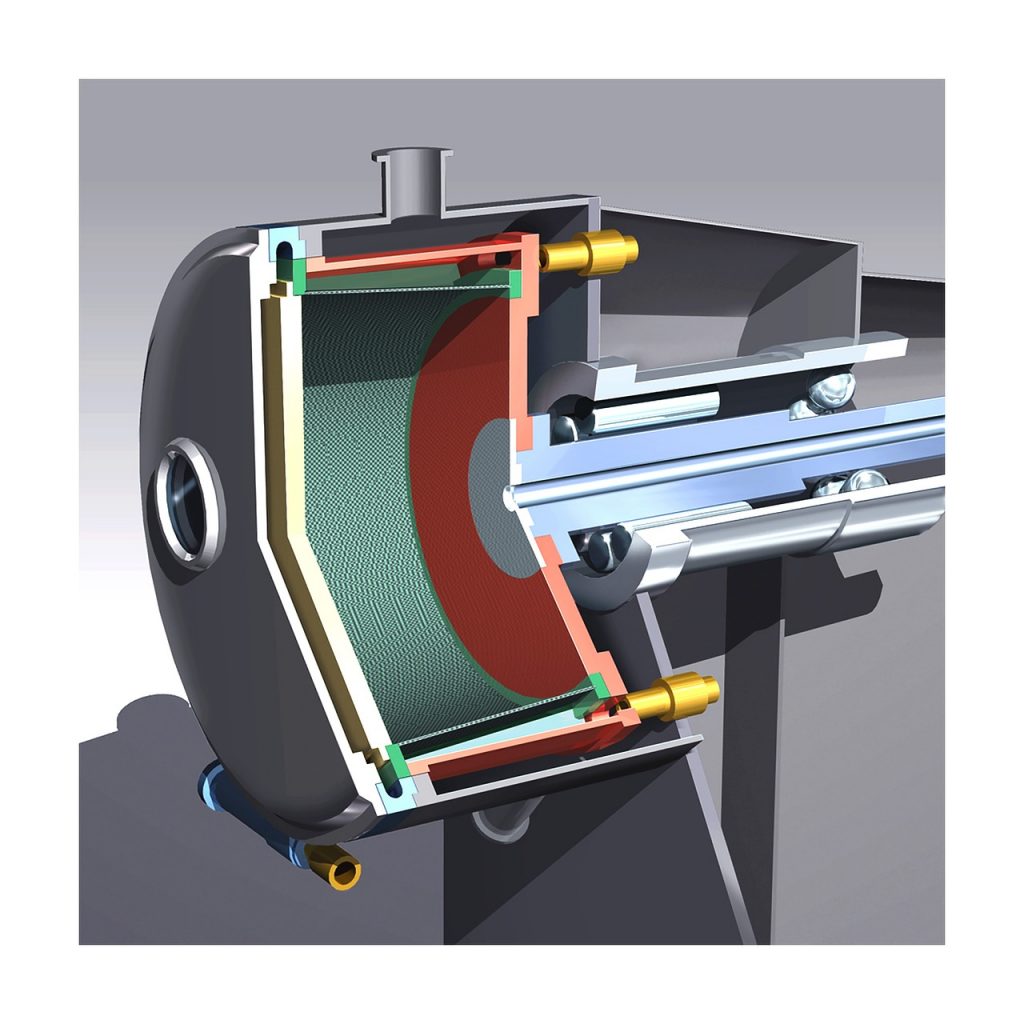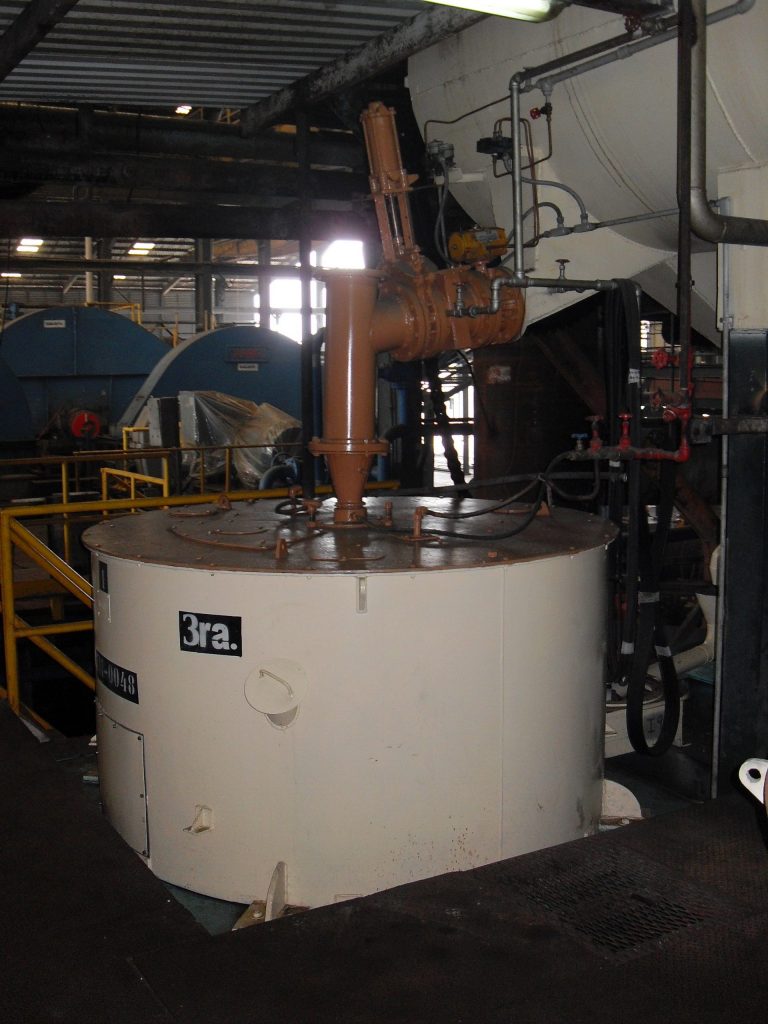Posts by Houston Dynamic
3 Ways to Improve the Performance of Your Vertical Pump
We at HDS are experts in all sorts of rotating equipment including vertical pumps used for a range of applications. However, it is important to keep them in optimal performance to improve efficiency and avoid unnecessary breakdowns. Below we will show you ways to improve the performance of your vertical pump. 1. Get a Health…
Read MoreRotary Valve Troubleshooting and Repair
At HDS, rotary valve repairs are common. As a result, we have seen it all. Below, we will share our guide to rotary valve troubleshooting and repair. What are Rotary Valves? Rotary valves are flow control devices that use rotor blades to regulate the flow of a liquid, gas, or steam. These valves are often…
Read MoreVertical Pumps and Vibration
All equipment has a natural frequency in which it should vibrate. A common occurrence in vertical pumps that are near to each other is for them to have excessive vibration. The pump may be deemed to have a resonant condition when vibrations excite the natural frequency of the pump’s structure. It all depends on the…
Read MoreThe Effects of Radial Thrust on Centrifugal Pumps
We are often asked about the reason why centrifugal pumps fail. Some say bearing or seal issues. Perhaps a broken shaft. However, in our experience, the common denominator in most centrifugal pump failures comes down to radial thrust in excess. As a result, below we will further discuss the effects of radial thrust on centrifugal…
Read MoreTypes of Machining Processes
Machining may be generally defined as the process of shaping down a piece of material into an intended design using specialty, power-driven tools. For example, many parts and components need some machining during manufacturing. Machining can be used to shape metals, plastic, rubbers, and more. In other cases, machining can be used to fix current…
Read More4 Steps to Set Up a Proactive Maintenance Plan
We’ve previously written about Proactive vs Reactive Maintenance – but there is more to say on the topic. It is one thing to know what proactive maintenance is. It is another thing entirely to implement it correctly in your organization. Here are four crucial steps to implement. Create a RAMS Team Reliability, availability, maintainability, and…
Read MoreThe Importance of Root Cause Analysis
Root cause analysis, also known as RCA, is discovering the root cause of a problem in order to identify the correct solution. RCA also promotes systematically preventing and solving underlying issues rather than “putting out fires” as they form. Below, we will discuss the benefits of RCA and how to apply it to your operation.…
Read MoreDon’t Let Soft Foot Compromise Your Equipment
Soft foot can be one of the leading issues encountered in rotating equipment. It is also known as machine frame distortion and is a complex condition that can result in damage to the equipment, along with its output. These include quality and mechanical problems such as elevated vibration levels, misalignment, advanced wear and tear, premature…
Read MoreIndustrial Centrifuge Maintenance
We previously discussed industrial centrifuge basics and wanted to continue by discussing industrial centrifuge maintenance. Like any other piece of equipment, proper maintenance is essential to keeping your centrifuge running optimally for as long as possible. The effort put into centrifuge maintenance pays for itself as they are large, powerful machines, and they do what…
Read MoreIndustrial Centrifuge Basics
An industrial centrifuge is designed to use intense centrifugal force generated by mass rotation to meet the needs of various applications. They are generally used for large scale fluid separation applications. Think of an industrial centrifuge as a larger version of a lab centrifuge used to mix samples at a much larger scale using a…
Read More




